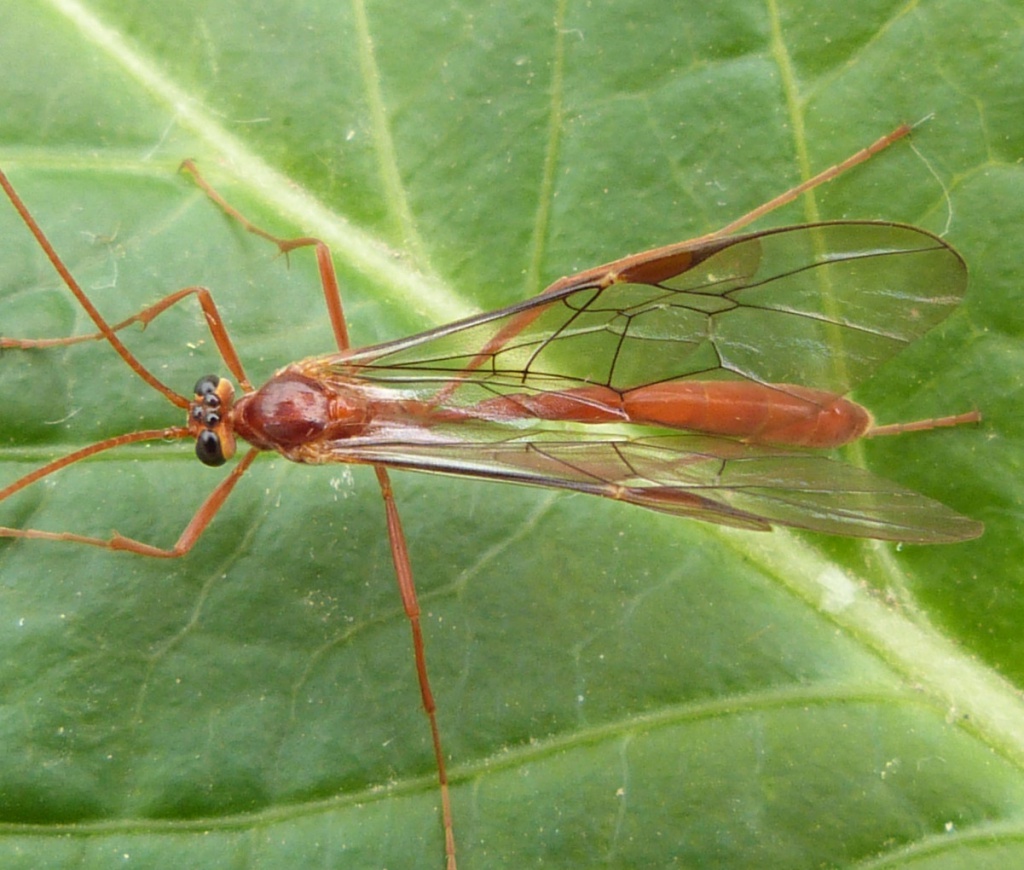Ryton Pools rangers support national research on nocturnal parasitoid wasps

Rangers at Ryton Pools are very excited to be part of an exciting project to collect nocturnal parasitoid wasps from across the UK.
This sample collection will form part of a national research project headed by leading entomologists from the Natural History Museum, London and University College London.
Parasitoid wasps comprise a large segment of insects belonging to the order hymenoptera (bees, wasps and ants). Females lay their eggs in or on insect or spider hosts (prey), then leave their developing offspring to feed on the host until adulthood, ultimately killing it. They are very important agents of biocontrol - many of the prey species are sawfly larvae and moth caterpillars which can reach pest proportions if left unchecked- and they form one of the most species-rich groups of insect in the UK with over 7000 species. Despite this, parasitoid wasps are hugely understudied and undersampled compared to many of their more popular insect counterparts. There is very little, if any, research regarding how parasitoid wasps are responding to climate change, habitat fragmentation and changes to host (prey) populations.
The aim of this project, supporting a PhD thesis by the Natural History Museum’s Iona Cunningham-Eurich, is to engage those who regularly operate moth light traps to help improve the national understanding of this important group. As some of this group of insects are nocturnal and come to light, moth traps are a good way of collecting them.
This is where we come in! We have been very busy collecting wasps of the bright-orange-coloured genera Ophion and Netelia (also known as Sickle Wasps) from our moth traps whenever they are operated. These are subsequently sent off to the Natural History Museum for identification. We have been busy undertaking these collections since May and will be concluding the collecting at the end of September this year.
There are two expected outputs from this project: firstly, to assess the diversity and distributions of parasitoid wasps in the UK, and secondly, to perform a genetics study using the samples, leading to at least two peer-reviewed papers. All data will be made publicly available.
We will endeavour to keep you updated with progress and any important findings as the project progresses!
By Ranger Ben, Grassland Specialist Ranger



